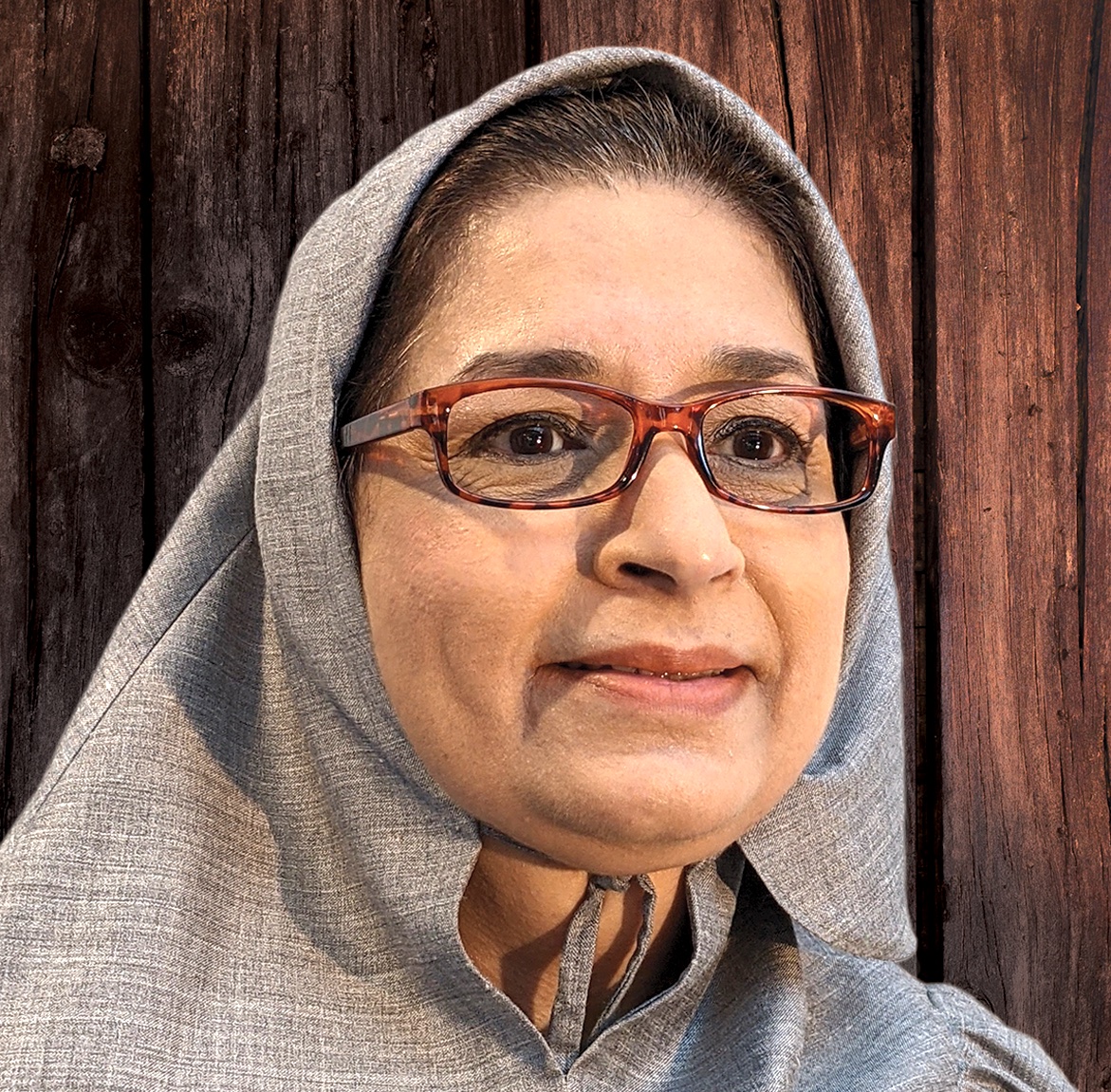
On the eve of the recent SpaceX flight, Dr. Sian Proctor, a geoscientist, science communicator, and the pilot of the four-person crew, said her wish was to inspire the next generation of women and girls of color to “reach for the stars.”
As the fourth Black female astronaut to go to space, Proctor is not only a pioneer in space trave but also in science, technology, engineering, art, and mathematics.
Today, women represent nearly half of the workforce in the U.S., but make up only 27% of those employed in science, technology, engineering, and math. Among the women who have made it into this workforce, few are women of color.
This lack of representation makes it difficult for girls—particularly Black, Latinx, Asian, and indigenous girls—to recognize what they’re capable of accomplishing in STEAM fields. Increasing the visibility of female role models is critical to counteracting negative stereotypes about women in STEAM (Kekelis & Joyce, 2014) and this important work must extend to our classrooms libraries.
In the words of professor Rudine Sims Bishop, diverse books have the power to function as “windows, mirrors, and sliding glass doors.” Dr. Proctor’s story, for example, is a worthy mirror that many young girls of color will hold aloft to see reflections of themselves, and in the same way, it will be a window for others to look through to further recognize the potential of girls as leaders in space exploration.
Significantly, such stories can also enable families to go through and participate meaningfully in this world—to recognize, encourage, and support the hopes, dreams, and aspirations of these young girls.
Literature carries within it the potential to offer readers a realistic, authentic reflection of their own lives and experiences, which makes it possible for them to see themselves as part of the larger human experience. Reading then, not only becomes a means of self-belief and self-affirmation, it also becomes a reaffirmation of our place in the world for those who may not otherwise have a voice—it’s a means of encouraging agency.
Helping students, particularly those who are marginalized, find their mirrors is a big responsibility that teachers must embrace because it has lasting implications for their lives beyond the classroom. “When children cannot find themselves in the books they read, or when the images they see are distorted, negative, or laughable, they learn a powerful lesson about how they are devalued in the society of which they are part,” explains Bishop (Bishop, 1990).
Our classroom libraries should empower all girls from diverse cultural backgrounds. As students read books featuring women and girls in STEAM, teachers should encourage their students to ask these essential questions of themselves:
- Define self: What are your passions, your values, and your goals?
- Develop resilience: How do you stay strong when life puts obstacles in your way?
- Engage with others: How do you work with other people to make a difference?
- Build capacity: What can you do to make the world a better place?
This conversation also shouldn’t be limited to girls. Books can be one of the few places where children of all identities can meet people unlike themselves and can learn to understand and embrace differences.
Educators can use books featuring girls and women as leaders in STEAM as starting points to have crucial conversations in the classroom that will help all students tackle bias and shatter misconceptions and stereotypes.
Children develop their world view and values from the stories that they are surrounded by and all students benefit when they are part of an inclusive classroom community that fosters positive representation. When students see multifaceted representations of girls as leaders, innovators, and critical thinkers, they will deepen their appreciation and encouragement of these capabilities in the girls and women in their families, communities, and society.
Duriya Aziz is senior vice president and publisher for Scholastic International, and is a mentor for Scholastic’s Rising Voices Library: Books Empowering Girls in S.T.E.A.M.









